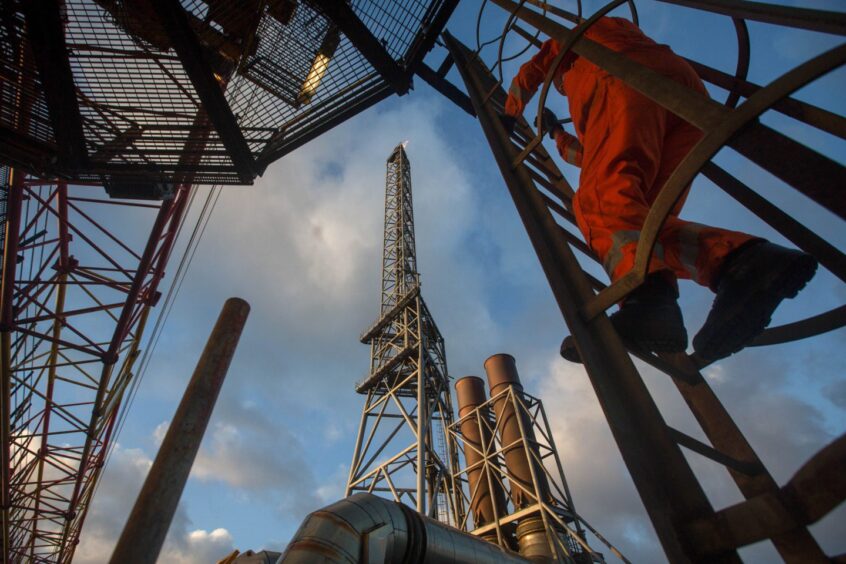
The North Sea’s largest oil and gas producer Harbour Energy (LON: HBR) has highlighted the boost to revenues and production it has enjoyed since acquiring Wintershall DEA in a $11.2 billion (£9.1bn) deal.
In a trading and operations update for 2024, chief executive Linda Cook said the completion of the deal had delivered a “step change in our scale and geographic diversification”.
The deal was seen as a move to dilute the impact of what is has described as “adverse changes to the UK fiscal regime”.
It warned that the changes to UK taxes, led by the Labour Government who extended and increased the Energy Profits Levy (EPL) last year, would have an impact on pre- and post-tax income in 2024 through “material non-cash accounting charges”.
As a result, spending plans for 2025, expected to come in between $2.4-2.6bn, included “materially reduced capital investment in the UK” as it focuses on developing the lower cost Wintershall Dea portfolio in areas including Norway and Argentina.
Cook said: “2024 was a transformational year with the completion of the Wintershall Dea transaction delivering a step change in our scale and geographic diversification, improving our margins, increasing our reserve life and expanding our resource base significantly.
“Looking to 2025, we will continue to prioritise safe and efficient operations as we complete the integration of our new business units, mature our significant 2C resource base and maintain disciplined capital allocation. With our high quality portfolio, financial strength and strong team, we are well-positioned for continued execution of our strategy.”
The firm said it plans to announce full year results on 6 March when it will also hold a capital markets day for investors.
In 2024, the firm welcomed the start of North Sea production at Talbot, part of the J-Area, as well as development wells on Greater Britannia and the Armada, Everest, Lomond and Erskine (AELE).
It noted that its cash flow in 2024 would be neutral, due to a “material negative working capital movement”. Operations were also affected by an unplanned outage at East Irish Sea in the last quarter of the year, affecting its Calder field.
The firm said it will report significantly higher revenue of c.$6.1bn this year, up from $3.7bn driven by increased production.
It also expects
Increased EBITDAX (earnings before interest, taxes, depreciation, amortisation, and exploration expense) of around $4.1bn, up from $2.7bn in the prior year
Recommended for you

